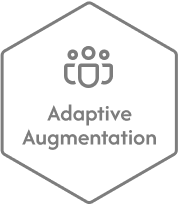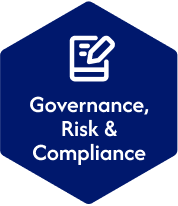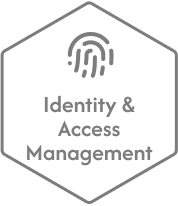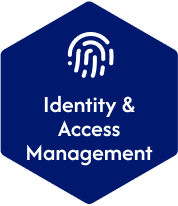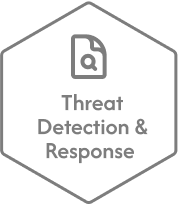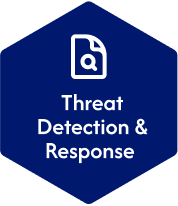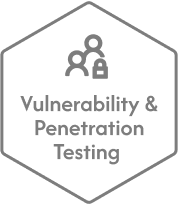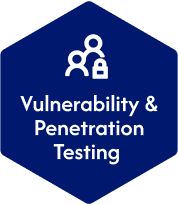- Solutions & Services
- Partners
- About
- Resources
- Careers
- Contact
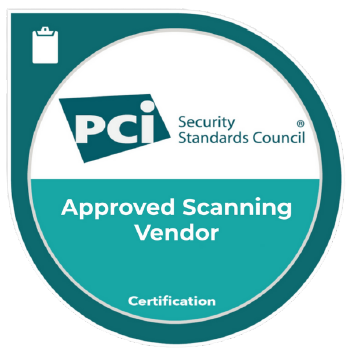
HIPAA (Health Insurance Portability and Accountability Act)
A HIPAA readiness assessment ensures that an organization’s safeguards align with HIPAA’s Privacy, Security, and Breach Notification Rules. This includes evaluating administrative, physical, and technical safeguards to protect sensitive patient data.
Key Focus:
Ensuring compliance with HIPAA’s requirements for protecting electronic protected health information (ePHI) and preparing for potential audits by the Office for Civil Rights (OCR).
ISO 27001:2022
This readiness assessment focuses on preparing an organization for ISO 27001 certification by evaluating its Information Security Management System (ISMS) and risk treatment practices.
Key Focus:
Ensuring that the ISMS aligns with ISO 27001:2022 requirements, including risk management, security controls, and continuous improvement.
Purpose:
Certification-driven, helping organizations demonstrate their commitment to information security and achieving global recognition.
CMMC/NIST SP 800-171
A readiness assessment for the Cybersecurity Maturity Model Certification (CMMC) Level 2 and NIST SP 800-171 ensures compliance with requirements for protecting Controlled Unclassified Information (CUI).
Key Focus:
Validating that organizations meet the necessary security practices and processes to safeguard CUI.
Purpose:
Essential for organizations working with the U.S. Department of Defense or handling sensitive government data.
SOC 2 Type II
A SOC 2 Type II readiness assessment evaluates the design and operating effectiveness of an organization’s security controls over time, ensuring alignment with the AICPA Trust Service Criteria.
Key Focus:
Assessing controls related to security, availability, processing integrity, confidentiality, and privacy.
Purpose:
Demonstrates an organization’s commitment to maintaining a secure and trustworthy environment for customer data.
PCI-DSS (Payment Card Industry Data Security Standard)
This readiness assessment ensures adherence to PCI-DSS requirements for securing payment card data and maintaining a compliant cardholder data environment (CDE).
Key Focus:
Preparing for Report on Compliance (ROC), Self-Assessment Questionnaire (SAQ), and Approved Scanning Vendor (ASV) audits.
Purpose:
Protecting payment card data and ensuring compliance with PCI-DSS standards to avoid penalties and breaches.



